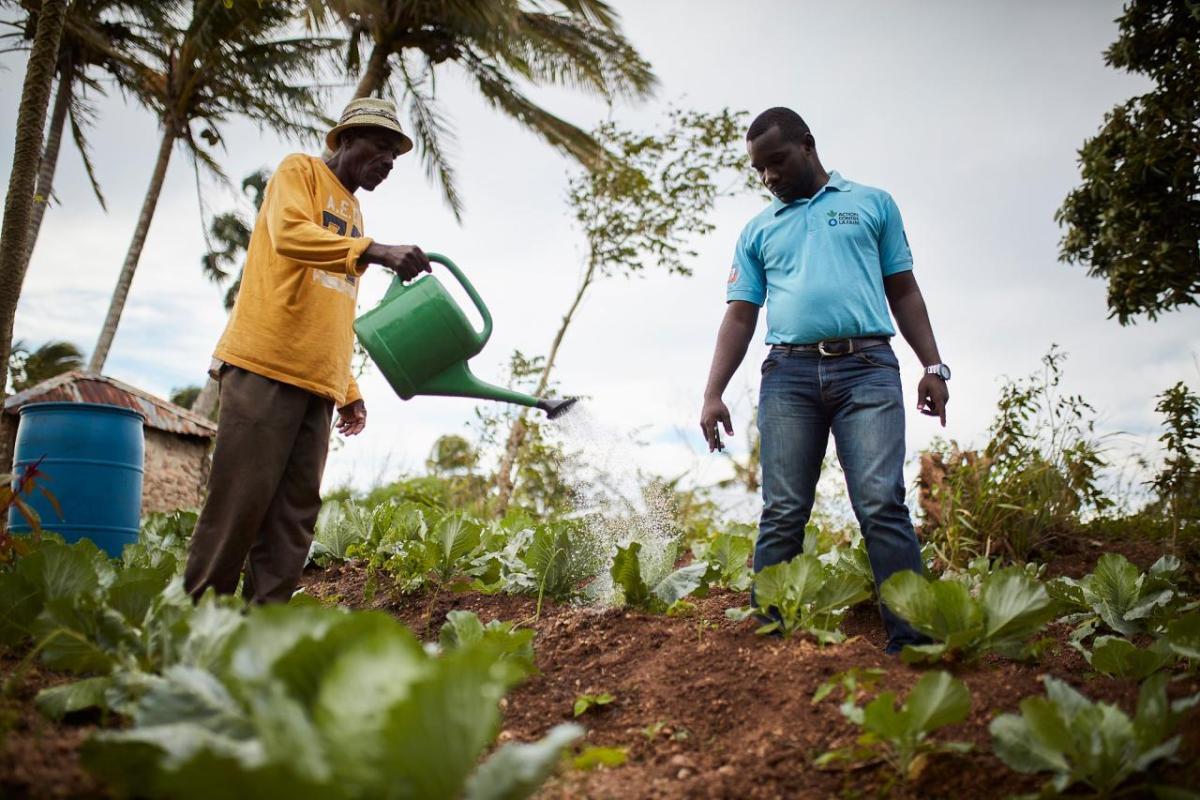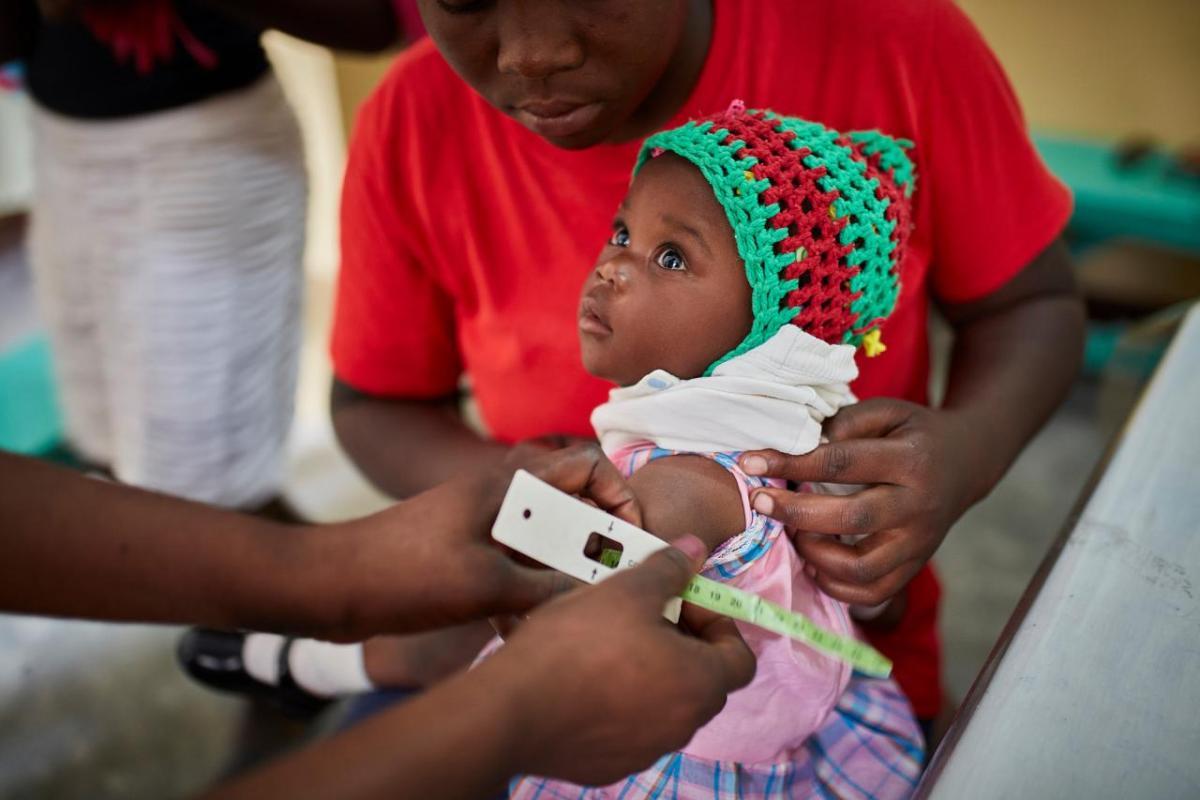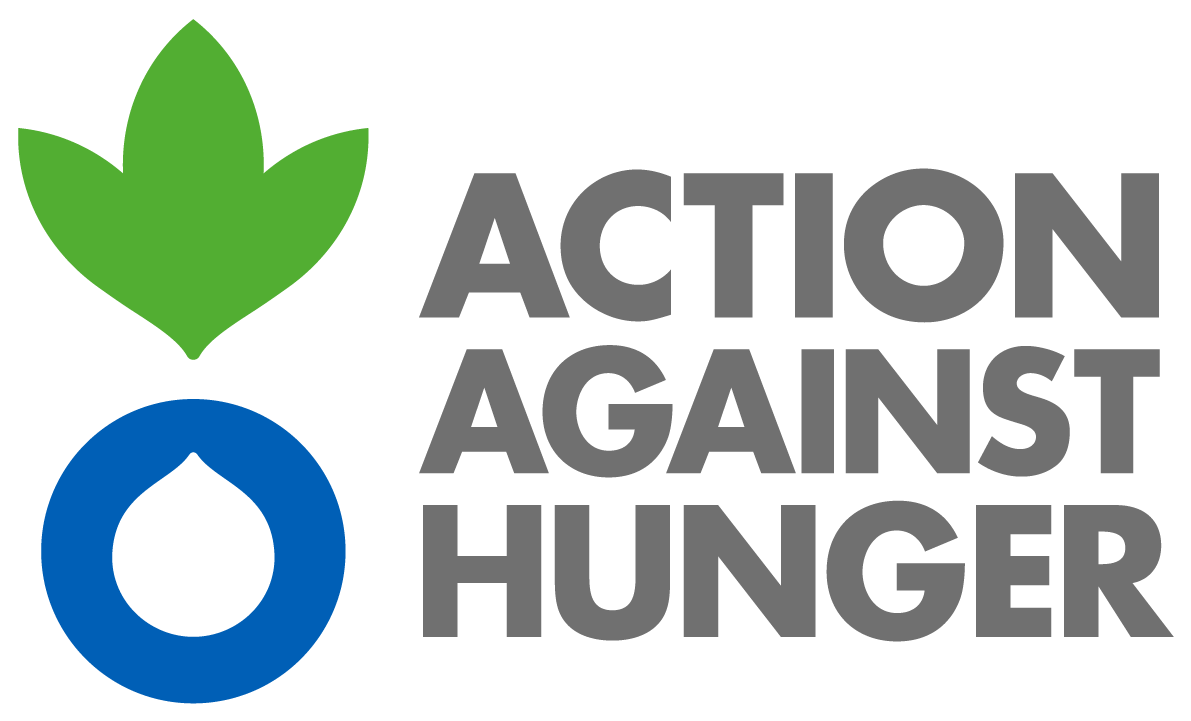Violence in Haïti Drives Nearly 5 Million People Into Hunger Crisis
1.64 Million People Are One Step Away from Famine
Every part of Haiti is now facing “crisis” levels of hunger, with five million people dealing with acute food insecurity and 1.64 million people just one step away from famine. This according to a new report from the IPC, the group responsible for assessing hunger levels in countries around the world.
We asked Martine Villeneuve, Haiti Country Director for Action Against Hunger, to tell us more about the crisis and what can be done.
Why is hunger rising in Haiti?
Haiti has long been one of the poorest nations in the Western Hemisphere. In recent years, a breakdown in government and increasing violence has led to a growing crisis. Approximately 362,000 people, including 180,000 children, have fled their homes.
Additionally, the violence has forced the airport and shipping in Port-au-Prince to close, creating ripple effects across the country. To compound matters, unsafe conditions have made it extremely difficult for humanitarian organizations to get food and other supplies to those most affected.
How many people are in need today?
The situation has deteriorated rapidly, with another 532,000 more people food insecure than what we saw in the IPC’s last report. Today, half the population—nearly five million people—are in a food crisis. That means they are dealing with acute food insecurity. About 17% of the population, or 1.64 million people, are in “emergency” conditions, or IPC’s Phase 4, which is one step away from famine.
The IPC is the Integrated Food Security Phase Classification (IPC), an independent committee of food security and nutrition experts from the United Nations, governments and NGOs, including Action Against Hunger, a global nonprofit leader in the movement to end hunger, which has been operating in Haiti since 1985.
How does this relate to water and disease?
Crisis and displacement jeopardize access to water, sanitation, and hygiene (WASH). For vulnerable populations, that increases the risk of water-borne diseases such as giardia and cholera, which is known as the disease of inequity. Although preventable, when left untreated, cholera has devastating symptoms and can kill within hours. It is so contagious, even one case needs to be treated like an epidemic.
According to the recent Water Funding Gap Report from Action Against Hunger, only 36% of requests to fund WASH programs were met in 2023, leaving a 64% funding gap.
What role does climate change play?
While the current crisis in Haiti is related to political instability and violence, climate change is an underlying factor that leaves people far more vulnerable. Around the world, changing weather patterns and more frequent natural disasters are making food production increasingly difficult. In Haiti, below-normal rainfall has lowered agricultural yields. Ironically, rural populations can be particularly hard hit by climate shocks, since they are no longer able to grow enough to feed themselves or to sell for essential income and a more diverse diet.
What can be done?
Action Against Hunger is urging local, national, and regional actors to arrange expedited humanitarian supplies and food shipments through secondary ports and airports, notably Cap Haitien. While smaller ports may not be a perfect solution, new approaches are essential to help address the current crisis.
In the long term, we need greater funding for programs that reduce reliance on imports and can help strengthen food security in the region. For example, Action Against Hunger provides seeds and supplies to help people plant nutritious foods that are fast-growing and require little maintenance. Investing in cash crops can provide a sustainable source of income and food for those facing food insecurity.
About Action Against Hunger
Action Against Hunger leads the global movement to end hunger. We innovate solutions, advocate for change, and reach 28 million people every year with proven hunger prevention and treatment programs. As a nonprofit that works across 55 countries, our 8,900 dedicated staff members partner with communities to address the root causes of hunger, including climate change, conflict, inequity, and emergencies. We strive to create a world free from hunger, for everyone, for good.
**
Photos by Christophe DaSilva



